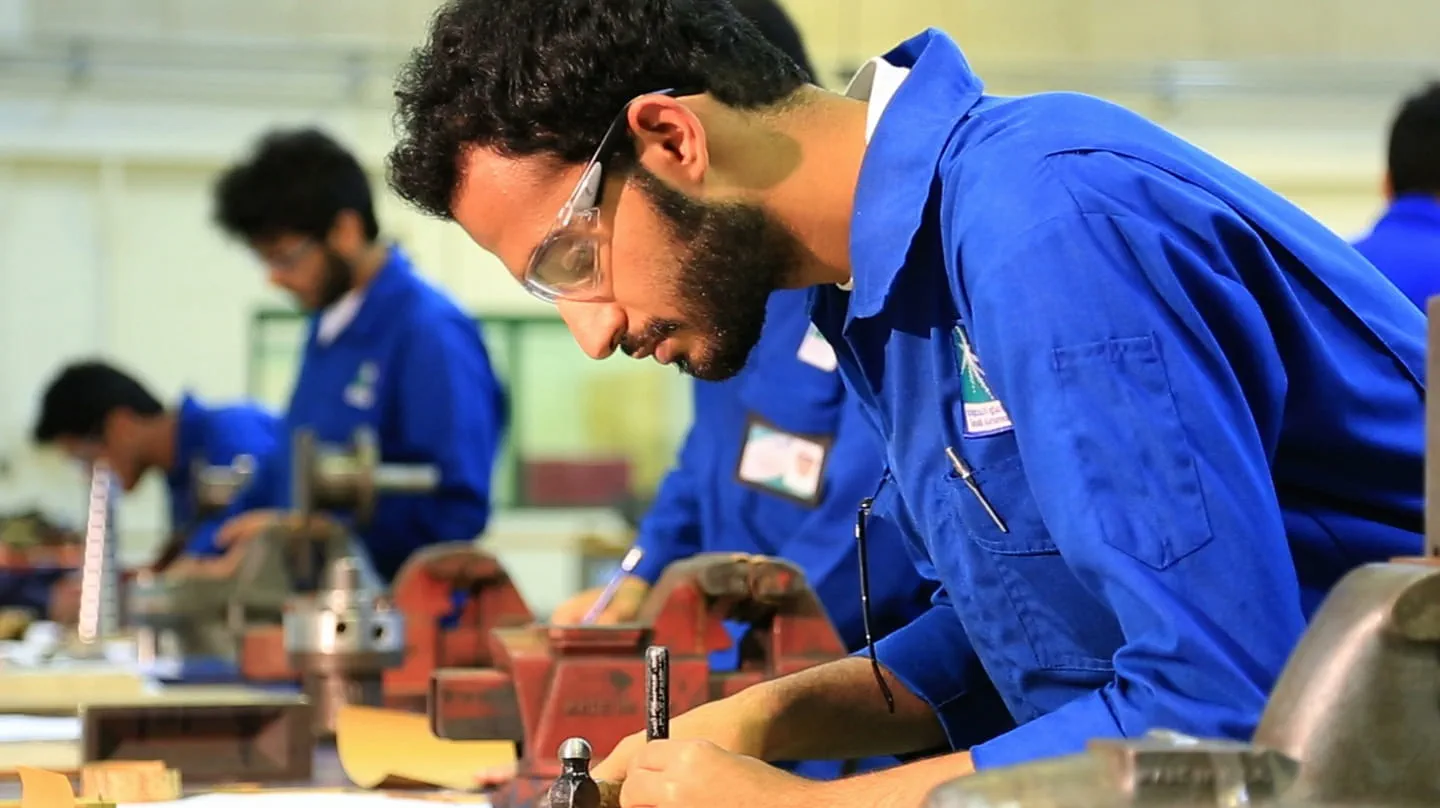Saudi Arabia is transforming the banking process. Saudi Arabia is also making financial services faster, smarter, and more available, particularly to small businesses, with the introduction of new digital systems, such as Open Banking and the rollout of Account Information Services (AIS), and, subsequently, Payment Initiation Services (PIS). The tools assist companies in handling money without visiting the bank. They are able to access finance apps at the place of work.
This article will tell you what Open Banking is, how it benefits small and medium-sized enterprises (SMEs), how the fintech sector is developing in Saudi Arabia, and why these shifts are significant to the economy of the country.

What Is Open Banking and Why Does It Matter?
Open Banking is a means for individuals and companies to authorize applications or other financial service providers to use their banking data. This is done securely by what is known as APIs- shortened to Application Programming Interfaces. Such APIs allow various software systems to communicate.
In Saudi Arabia, Open Banking began with AIS (Account Information Services). AIS enables apps to access your bank balance, view your income, monitor spending and consolidate all of this information in a single location. This assists users in having a complete overview of their finances.
Then there was PIS (Payment Initiation Services) that allows individuals to pay directly out of their bank account through a third-party application. Therefore, they can pay a bill in a bank in a few clicks, but now they can do it immediately in a trusted application that they already use.
Collectively, these services simplify, quicken and liberalize banking. The new system is helping Saudi Arabia to achieve Vision 2030, a national strategy to develop the digital economy and decrease oil dependency.
Saudi Arabia wants to enable not only large corporations, but also ordinary people and small businesses that are underserved. Open Banking assists in bringing the unbanked or underbanked into the formal economy.

Helping Small Businesses
The advantages of Open Banking are enormous, and one of them is the support of SMEs (Small and Medium Enterprises). A lot of small businesses are not able to obtain loans or cash flow. Embedded finance means that financial products are integrated into the apps that they are already using, such as accounting software or e-commerce websites.
As an illustration, an SME with the help of such a tool as FINX Connect can view its financial health, request loans, and get money, without visiting a bank branch. These services are based on the new APIs facilitated by AIS and PIS. They are able to automatically view business bank accounts and apply smart algorithms (AI) to determine whether the business is prepared to take a loan.
By the middle of 2024, the SME lending in Saudi Arabia will amount to approximately 9% of the overall bank lending, which is more than SAR 307 billion (USD $81.8 billion). This is a significant increase compared to 2022, yet the government aims at 20% by 2030. Embedded finance is one of the instruments to achieve that target.
The fintech sandbox in Saudi Arabia also allows peer-to-peer lending platforms such as MoneyMoon. On these platforms, individuals can lend directly to SMEs, with the credibility of the lending checked using Open Banking data, which eliminates delays and decreases interest rates.
Take an example of a small grocery shop in Dammam with an AI-based POS system. The shop sells everyday items, automatically records sales and connects to its business bank account. It gets a loan offer of SAR 20,000 to purchase stock before Ramadan through an embedded lending app. The lending takes 10 minutes, and the money is deposited. Automatic repayment is made according to sales. No visit to the branch. No paperwork. This is the type of real-life effect that Open Banking can achieve.
Support from Regulators
The financial regulators in Saudi Arabia, particularly SAMA (Saudi Central Bank), have developed the frameworks required to facilitate fintech in a secure manner. Three major tools assisting fintechs in launching:
Regulatory Sandbox
It is a secure environment in which new fintech concepts are tried. As of 2018, SAMA has had more than 500 applications from fintech startups. Of these, around 89 fintechs have been granted permission to operate. This system assists in testing services such as embedded lending and payment apps before they are released to the masses.
Open Banking Lab
The Open Banking Lab is a place where banks and fintechs can test their APIs, which was launched in 2023. It makes sure that the apps are compliant with the regulations and functional prior to their release. This lab was important in the activation of Phase 2 (PIS) in 2024.
Fintech Conferences and Publicity
Saudi Arabia has fintech events as well, such as the Fintech Saudi Summit. These unite banks, startups and regulators. New services are launched at such events, and individuals get to know how Open Banking is transforming the future. The nation is experiencing robust development- there are 216 active fintech companies in 2023 with over 6,500 employees. The country has received more than $1.9 billion in fintech investments. The regulators do more than approvals. They provide advice, education, and encourage banks to cooperate with startups, rather than compete.
The Power of AI in Open Banking
Artificial Intelligence (AI) is closely related to the success of Open Banking. Through AIS, applications are able to read spending patterns, view income patterns and know credit risk. This information is used by AI to assist banks and lenders in determining whether an individual or a company should obtain a loan and at what interest rate.
AI not only benefits banks. It is beneficial to the customers as well. AI-based systems can forecast cash flow deficiencies, provide funding notifications, and generate automated financial statements in the case of SMEs. As an example, a delivery company might be advised that the fuel prices are expected to surpass the revenue in the coming month. It can then automatically receive a short-term loan that is recommended in the app.
Real-time budget planning, unusual charge detection, savings goal suggestions, and other services are examples of the capabilities of the AI-powered applications that could be available to the consumer on the basis of the information shared through the AIS.
AI is also important in security. PIS-based payment services are supported by fraud detection engines that prevent suspicious transactions on the fly. On the sidelines, AI models are assisting regulators to monitor the system risks and transaction patterns to ensure the entire network is secure and stable.
What Comes Next

Open Banking is not the limit of Saudi Arabia. The second one is Open Finance. This will enable customers to bring even more services together in one place- credit cards, insurance, pensions and wealth management. This is what to expect as Saudi Arabia goes forward:
- The tools will be BNPL (Buy Now, Pay Later), invoice financing, and revenue-based loans, which will be available directly within business apps, enabling SMEs to expand without having to interact directly with banks.
- Open Banking is likely to be connected to international payments networks such as mBridge (a central bank digital currency network). This will enable Saudi users to transfer and receive money across the globe at reduced cost and faster rates.
- Digital banking will be extended to rural and agricultural underserved areas. Integrated credit and financing services would assist small farmers in getting funds to purchase seeds, equipment, and machinery, particularly when there are changes in seasons.
- One day, individuals and companies would be able to do all their financial management on a single easy-to-use dashboard enabled by Open Banking: budgeting, saving, borrowing, and investing.
- Saudi Arabia has become one of the few nations in the MENA region to have a live Open Banking system. It seeks to be among the countries, such as the UK and Singapore, to employ fintech to facilitate the real economy.
Conclusion
Open Banking 2.0 in Saudi Arabia is not just a digital project, but it is a human project. It is assisting the nation to nurture its entrepreneurs, streamline financial instruments, and develop a better, smarter economy.
With AIS and PIS, and the assistance of AI, Saudi Arabia is developing a framework in which financial services can be accessed directly within business and lifestyle applications. Small businesses are receiving the necessary credit. People are handling money with ease. And banks are getting more efficient and technology-oriented.
As the government continues to support it, improve digital infrastructure, and increase the level of trust, Open Banking is coming to play an important role in everyday Saudi Arabian life-and is paving the way to a connected and inclusive financial future.


















